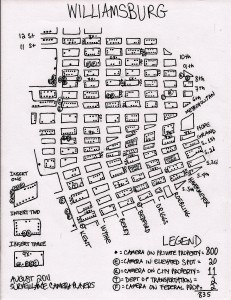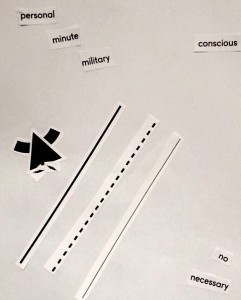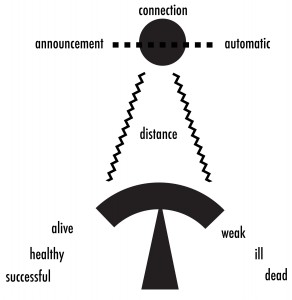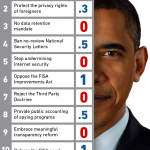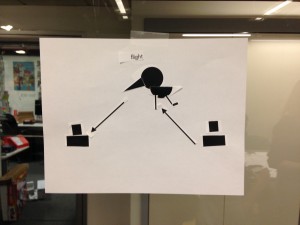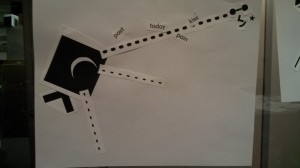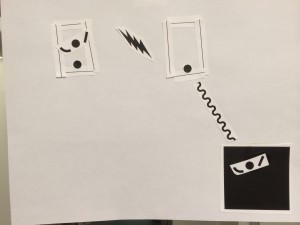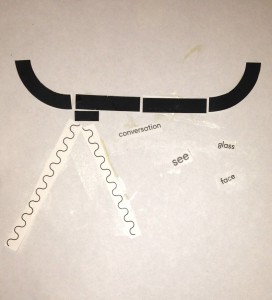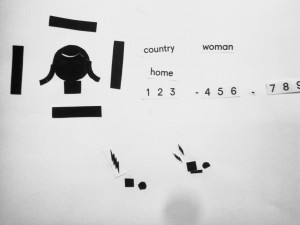Hello! I’m Lucia.
I’m a sophomore at MIT majoring in Mechanical Engineering with a concentration in Industrial/Product Design. Before coming to the Boston area, I lived in a small suburb in New Jersey where a grew up with my parents, brother, and dog.
I love design, whether it’s making things look pretty, fabricating physical products, or coming up with innovative solutions to human challenges. My interest for visual arts in high school, which involved painting, drawing, and building 3D art, evolved into many of the activities I’m interested in now. This includes being involved in product design projects in my classes, creating graphic design assets for my student groups, and working on casing design for HCI technology in my student job. Since attending MIT, I have also gained experience with user interaction design, front-end web development, and programming. I’m currently searching for a summer internship that’s a mix of industrial/product design, CAD, and addressing design solutions in a collaborative team environment, in order to continue my interests as a designer.
Besides lectures and design projects, I spend my time on extracurriculars, such as being on the HackMIT organizing committee and dancing in MIT Asian Dance Team, or hanging out with friends.
I’m a do-er and a go-getter, but I also value having fun and being happy. I love to work hard, laugh, and follow my passions.
Thanks for reading!
Lucia
